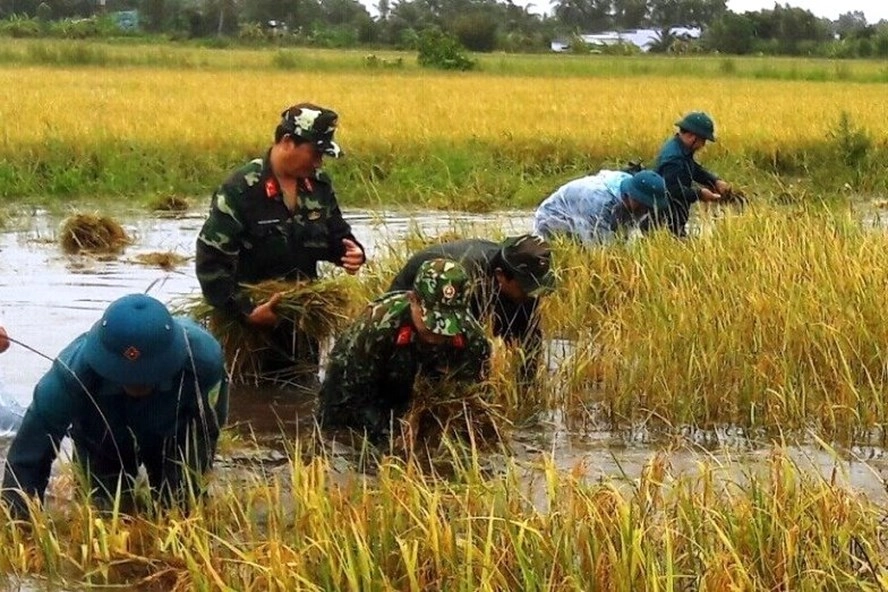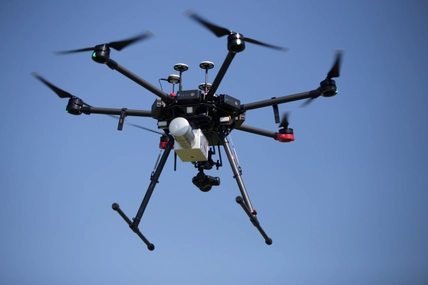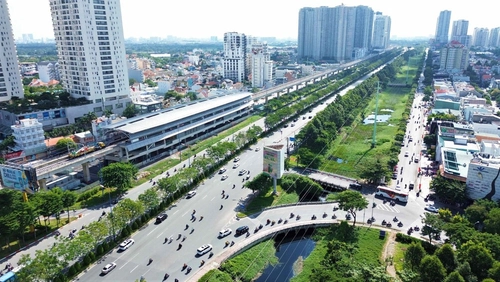The new Civil Defense Law, which will be effective on July 1, grants the Government the authority to direct civil defense activities nationwide.
The new Civil Defense Law, which will be effective on July 1, grants the Government the authority to direct civil defense activities nationwide.
As defined by the Law, civil defense means part of national defense, consisting of measures to prevent and control, and remedy consequences of, wars, incidents, catastrophes, disasters and diseases, and protect the people, agencies, organizations, and national economy.
The Law empowers administrations at all levels to apply measures within the ambit of their management to respond to, and remedy the consequences of, incidents and catastrophes.
Specifically, there will be three levels of civil defense.
Level-1 civil defense will be required in case of responding to, and remedying consequences of, an incident or a catastrophe within a district-level area when the extent of damage caused by the incident or catastrophe exceeds the responding and consequence-remedying capability and conditions of specialized forces and commune-level administrations.

Level-2 and level-3 civil defense will be respectively applied within provincial-level areas when district- and provincial-level administrations are unable to effectively respond to and remedy the consequences of an incident or catastrophe.
Civil defense forces include core forces and universal forces. Militia, self-defense forces, civilian guards, and full-time and part-time forces of the People’s Army, the People’s Public Security, ministries, central sectors, ministerial-level agencies and localities are categorized into the core forces. Meanwhile, universal forces are participated by the entire population.
Civil defense forces will enjoy entitlements and policies provided by the Law.










